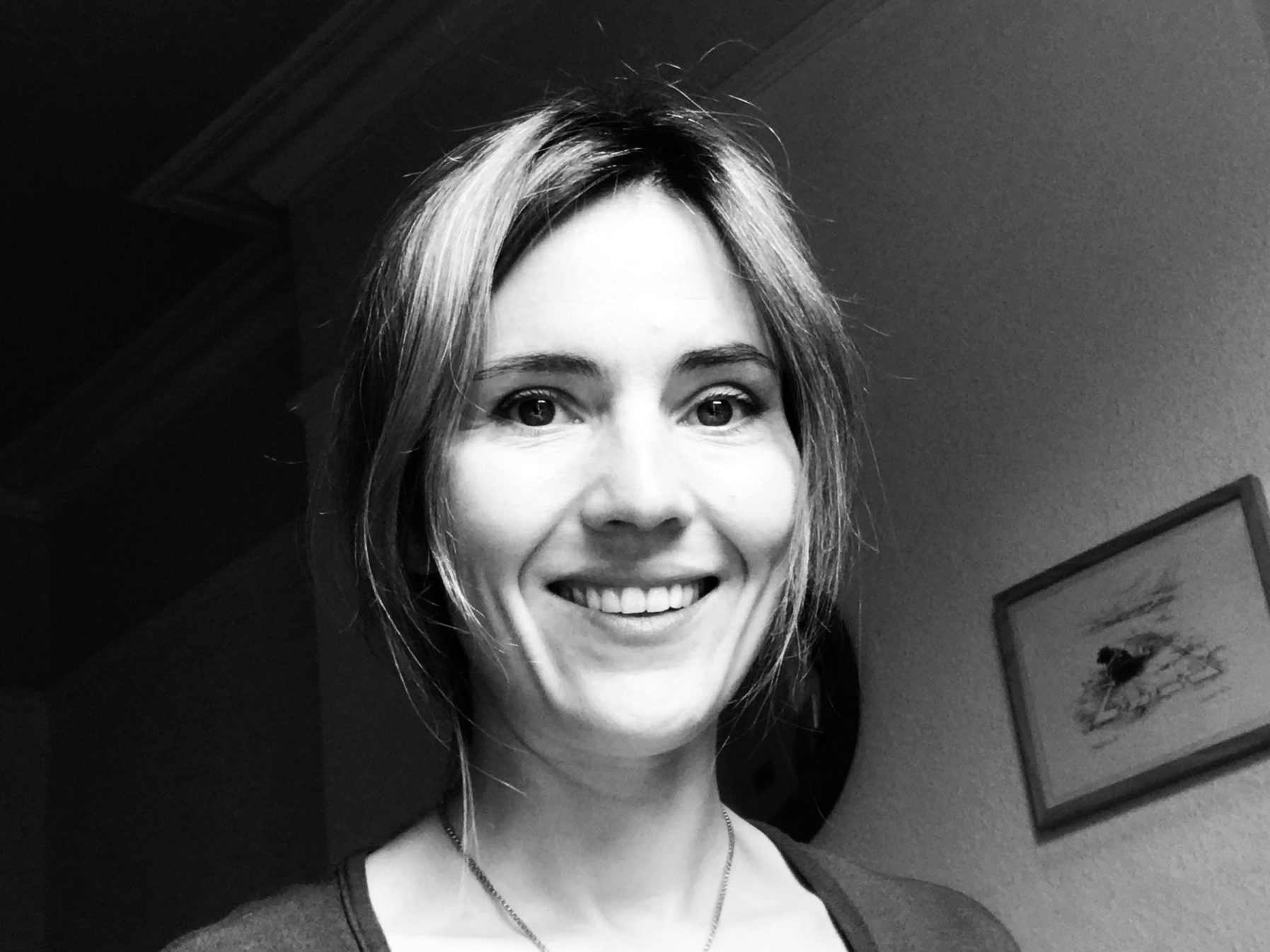Mara-Daria Cojocaru
We must not forget that the root cause of this pandemic lies in contact between humans and non-human animals, and the Chinese animal market is only one form – albeit one that might seem exotic to Central Europeans – of an omnipresent system of animal exploitation that will have negative ramifications for humanity. Hopefully, our society will soon face the task of getting our economy back up and running. That makes this a good time to change course and move away from industrial agriculture.
It is rare for scholars of philosophy to reach a consensus, so it is all the more noteworthy that all of the main ethical paradigms now raise issues with industrial animal farming, which not only harms the environment and both public and individual health, but is also responsible for untold suffering among millions of living creatures generally acknowledged to be capable of feeling. When translating ethical arguments to real-world contexts, it has always been obvious that people can do things differently, either stopping consuming meat, milk, eggs, and other animal products entirely or at least significantly reducing it. We have not been in a “lifeboat” situation where only one party – humanity or animals – could survive.
Now, with COVID-19 as the background, it’s important to keep these ethical achivements in mind. One key factor here is to find the common denominator between animal and human well-being. Now more than ever, it’s about the big picture, about humans and other animals as part of a single whole. To get there, we need a combination of pragmatism and vision, and on that score, the debate surrounding the ethics of animal welfare has taken an exciting turn in the past ten years as it has moved toward political theory.
This field is a true treasure trove of approaches for how to reconcile human and animal health (“One Health”), how to rethink human and animal communities and how they live together (the “Zoopolis” concept), and how people can realize the idea, found as far back as in Darwin’s works, that humanity will have truly reached its high point when people take other animals into account in moral terms.

Mara-Daria Cojocaru is an instructor of practical philosophy at the Munich School of Philosophy. Her topics of research include philosophical pragmatism and animal ethics. She is especially interested in how to achieve the minimum consensus in animal ethics at the least, and wrote a book for WBG on this topic: Menschen und andere Tiere.